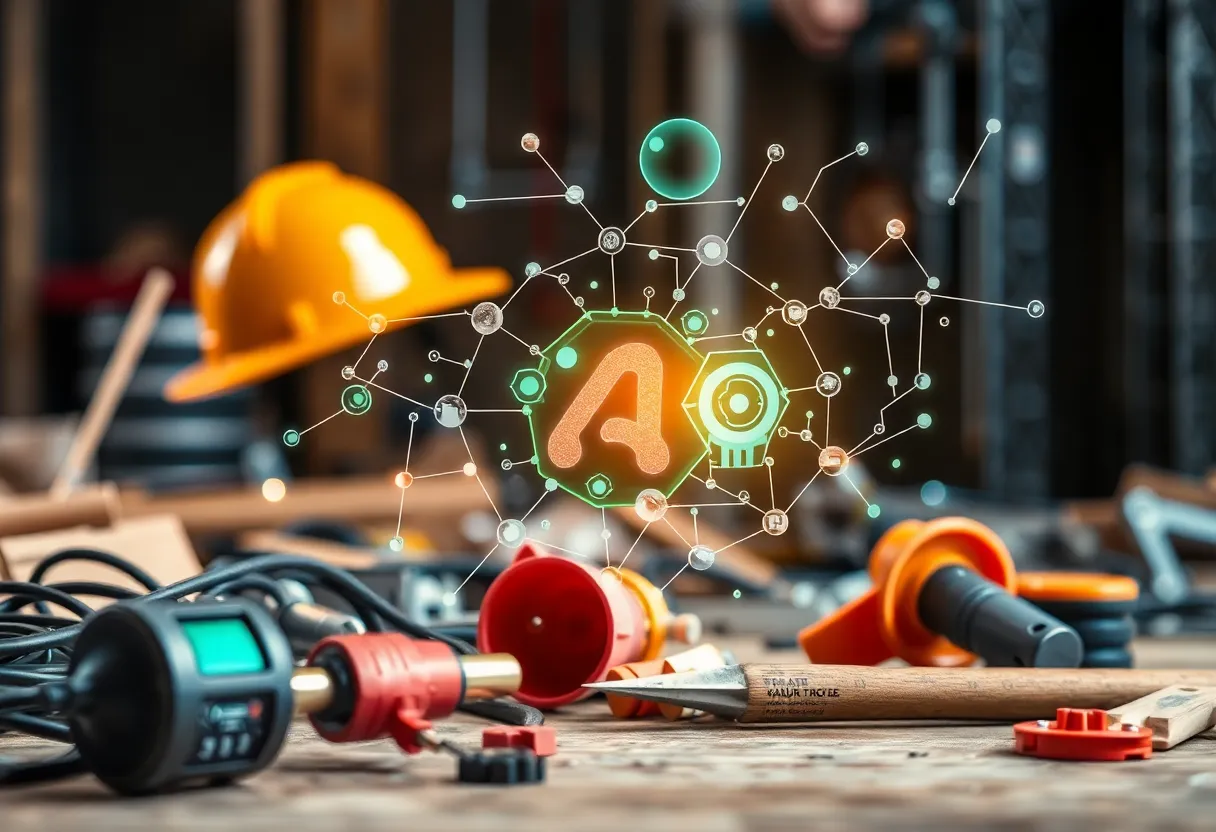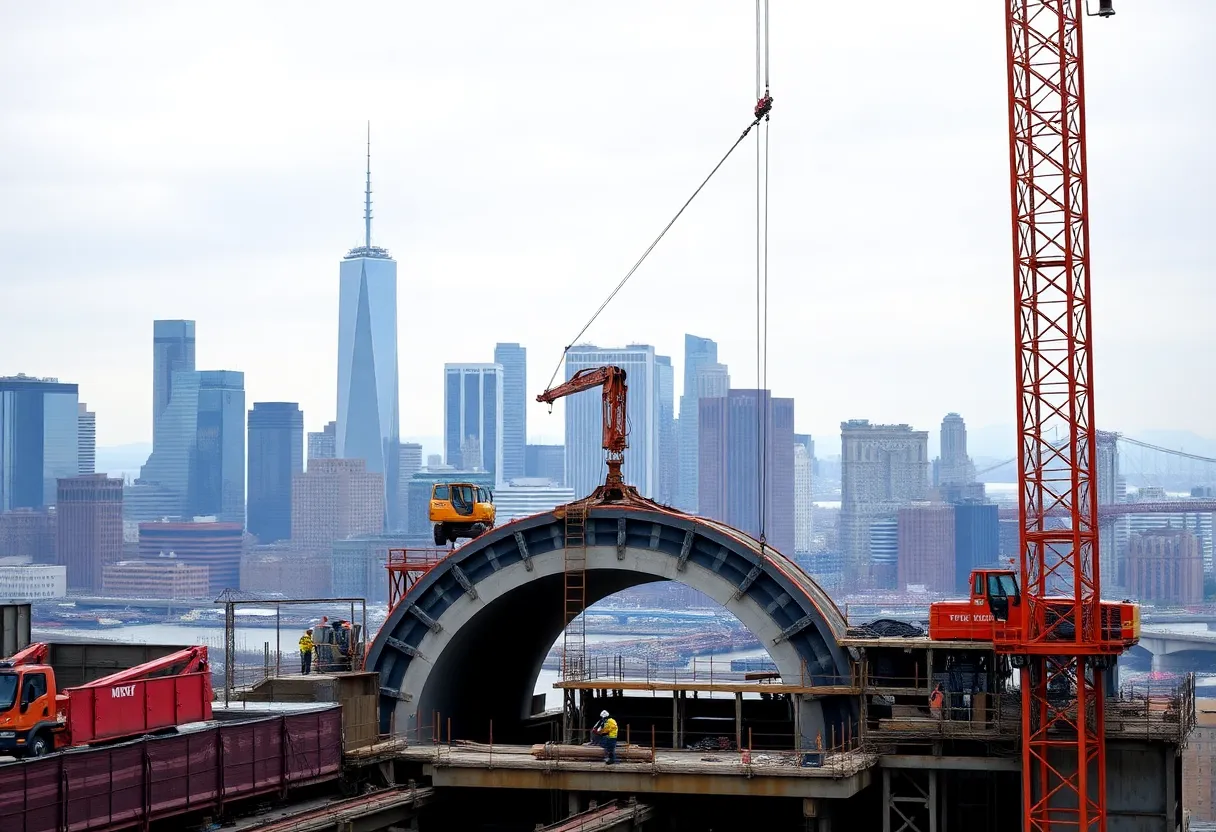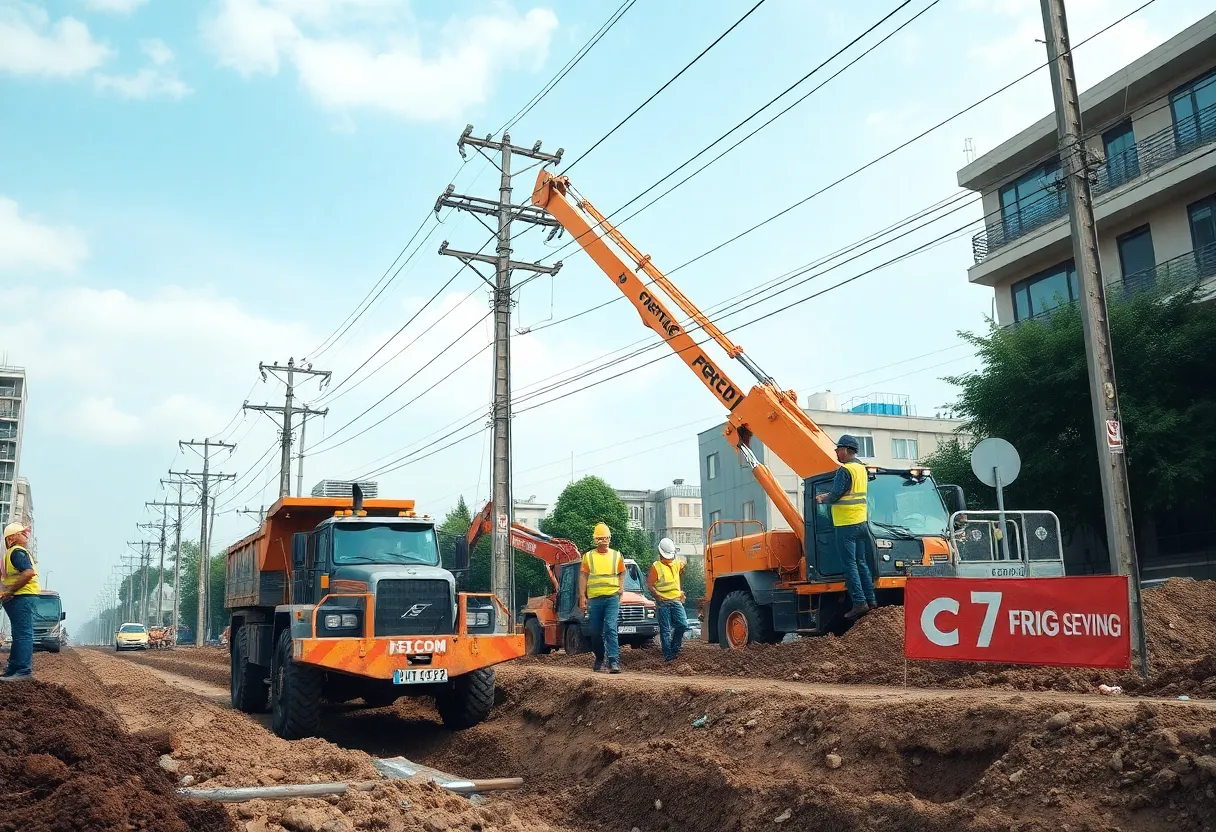News Summary
The construction industry is rapidly embracing artificial intelligence (AI) to improve efficiency and productivity. However, with its integration come significant risks, including the potential for flawed decision-making from inaccurate AI outputs. Experts emphasize the necessity of human oversight and caution against over-reliance on AI in crucial project decisions. To mitigate these risks, companies should implement robust AI policies, conduct thorough due diligence, and provide comprehensive training for employees. The careful and informed use of AI can lead to transformative benefits in the construction sector.
Construction Industry Risks and Best Practices in AI Utilization
As the construction industry increasingly embraces Artificial Intelligence (AI), experts are sounding the alarm on potential risks associated with its use and offering key strategies for safe integration. Although AI holds the promise of streamlining processes, enhancing productivity, and reducing costly errors, misunderstanding its capabilities could lead to significant problems, particularly during high-stakes decision-making.
Inaccurate AI Outputs Can Lead to Errors
A crucial concern is the potential for inaccurate AI outputs to guide key decisions, such as selecting the winner of a bid competition. If contractors or project owners rely heavily on flawed AI data, they run the risk of choosing the wrong candidate, which could lead to wasted resources and project delays. Experts agree that AI must be treated as a precise tool—a scalpel—to address specific inefficiencies rather than a one-size-fits-all solution.
Importance of Due Diligence in AI Adoption
Before implementing AI tools, companies need to conduct thorough due diligence to comprehend the security implications, capabilities, and limitations of the tools they plan to adopt. They must not let the rapid pace of project environments compel them into unverified decisions. Such reliance on AI outputs can result in contractual violations and expose sensitive data to risks.
Maintaining Human Oversight
Although AI can facilitate various tasks, including project planning, crafting bid narratives, and improving proposal reviews, it should not replace human oversight. Errors caused by misinterpretation of contract clauses by AI can result in biased outputs, known as “hallucinations,” complicating decision-making. Therefore, construction firms must emphasize the critical role of human review in the AI process to mitigate errors.
Establishing Clear Guidelines and Training
To ensure the effective use of AI, professionals need to be trained in its appropriate application and critical evaluation. Establishing strict policies can prevent ad-hoc usage and help define specific tasks suited for automation. Additionally, documenting a “defensible trail” of AI use— including inputs, outputs, and human oversight— is essential. This transparency will be invaluable in justifying decisions made through AI in a legal context, especially in cases where sensitive data may be compromised.
Addressing Vulnerabilities in Construction
The construction industry faces unique vulnerabilities arising from complex contracts and high-stakes decision-making, increasing the risk of errors. The fast-paced nature of construction projects can tempt companies into making hasty decisions based solely on AI outputs, without adequate verification. Therefore, the professional community is emphasizing a mantra of “verify, verify, verify” in AI usage.
The Growing Role of AI in Construction
Despite the risks, the integration of AI is on the rise among construction professionals who recognize its potential to streamline operations, enhance safety measures, and lead to faster project cycles. The tools can process data to help predict project outcomes, automate repetitive tasks, and improve cost estimations. This shift is partly in response to growing demands and tightening profit margins within the industry.
AI Adoption on the Rise
The adoption of AI-driven tools in the construction industry is anticipated to grow substantially, reaching an estimated market value of $11.85 billion by 2029. Companies increasingly view AI as a means to mitigate schedule delays and budget overruns through superior predictive analytics. As the sector moves forward, a balanced approach that combines the innovation of AI with rigorous oversight and responsible usage will be critical to ensuring that the technology serves to enhance, rather than undermine, productivity and decision-making in construction projects.
Deeper Dive: News & Info About This Topic
Additional Resources
- Construction Dive: Risks and Best Practices for AI Use in Construction Industry
- Wikipedia: Artificial Intelligence
- For Construction Pros: Smarter Construction with AI
- Google Search: AI in Construction
- Oracle: AI in Construction
- Encyclopedia Britannica: Construction Industry
- Autodesk: AI in Construction
- Google Scholar: AI Construction Risks
- Aon: The AI Data Center Boom
- Google News: AI Construction Innovation
- TechTarget: Emerging Technologies in Construction
Author: Construction NY News
The NEW YORK STAFF WRITER represents the experienced team at constructionnynews.com, your go-to source for actionable local news and information in New York and beyond. Specializing in "news you can use," we cover essential topics like product reviews for personal and business needs, local business directories, politics, real estate trends, neighborhood insights, and state news affecting the area—with deep expertise drawn from years of dedicated reporting and strong community input, including local press releases and business updates. We deliver top reporting on high-value events such as the New York Build Expo, infrastructure breakthroughs, and cutting-edge construction technology showcases. Our coverage extends to key organizations like the Associated General Contractors of New York State and the Building Trades Employers' Association, plus leading businesses in construction and real estate that power the local economy such as Turner Construction Company and CMiC Global. As part of the broader network, including constructioncanews.com, constructiontxnews.com, and constructionflnews.com, we provide comprehensive, credible insights into the dynamic construction landscape across multiple states.





